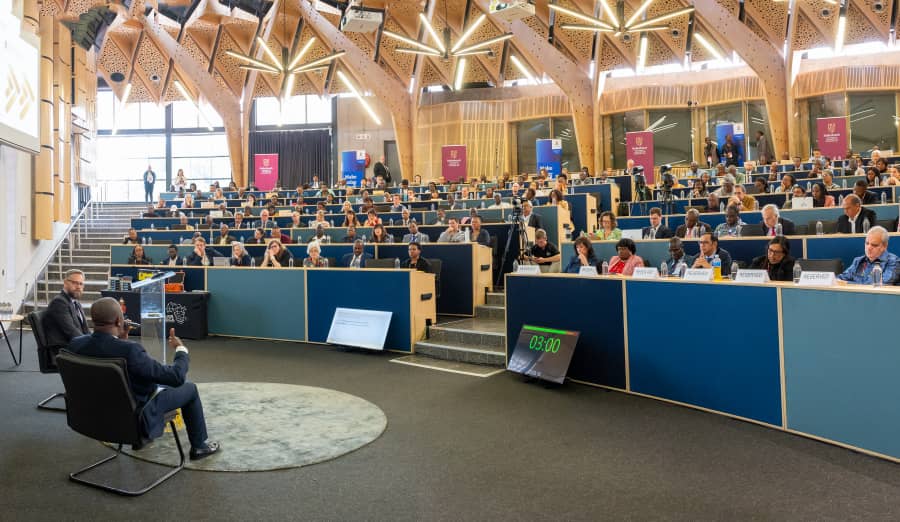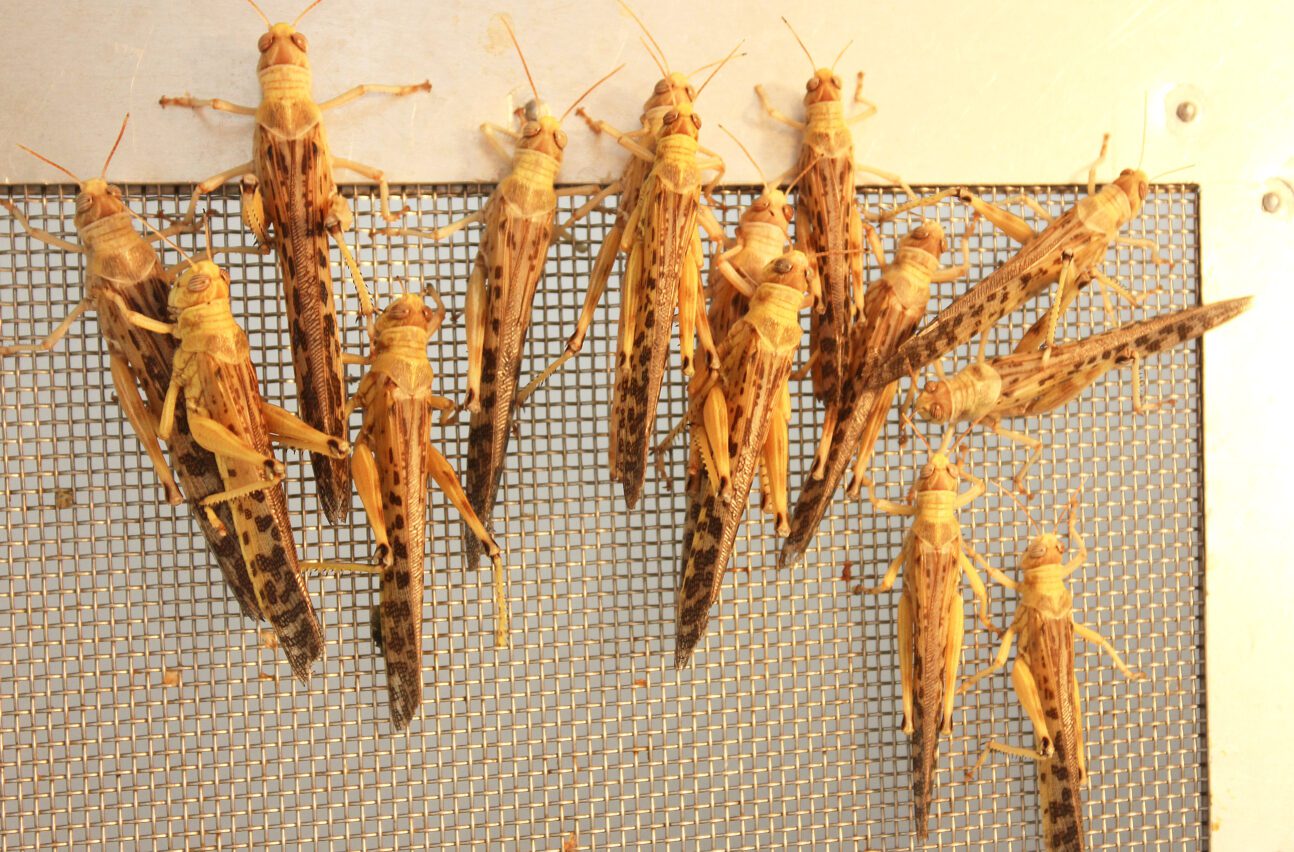SGCI News
A research and innovation management programme is helping science granting councils scope out impactful projects to fund. By Afeez Bolaji A new project is addressing Sub-Saharan Africa’s research and innovation…
A research and innovation management programme is helping science granting councils scope out impactful projects to fund.
By Afeez Bolaji
A new project is addressing Sub-Saharan Africa’s research and innovation challenges, funding gaps and gender imbalances to drive development in the region.
The Research and Innovation Management (RIM) project is an initiative of the Science Granting Council Initiative (SGCI) aimed at improving the 17-member councils’ ability to identify, support and manage impactful research and innovation across the countries where the councils are domiciled.
The SGCI is a regional effort to promote science and innovation.
The RIM project is bringing together actors in research and innovation to drive development at national and regional levels, says Cephas Adjei Mensah, director of research, statistics and information management at Ghana’s Ministry of Environment, Science, Technology and Innovation.
“The RIM project has been a blessing,” Mensah said.
“We have been able to design our own research innovation and management framework by identifying the projects we fund based on national priorities.”
We launched our calls for research proposals [in Ghana] – the first in September 2023, and the second in October 2023, we received over 100 applications, some of which were collaborative projects, Mensah said.

Mensah acknowledged a lack of immediate funds, explaining that some solution-driven proposals had been highlighted for future consideration as funding becomes available.
He said the Ghana Science Granting Council was working to increase government funding for research and innovation.
“We also want to enhance collaboration and communication in the various works we do so that we will be able to get the buy-in of partners who are willing to join our initiative drive,” he added.
The RIM project is implemented by a consortium comprising the African Centre for Technology Studies, the Association of African Universities and the Cheikh Anta Diop University, in Dakar.
Frederick Ato Armah, director of research and programmes at the Association of African Universities said councils had funded 81 projects through the RIM project, including 25 public-private partnerships.
Armah said at least six councils had launched calls for research specifically targeting women.
“For instance, Ghana and Zambia councils launched bilateral calls aimed at upscaling projects by women researchers in agro-processing [or] food-processing,” he said.
Armah believes all the projects could potentially transform the countries where the councils are situated.
“Ultimately, the projects chosen from the 17 councils have the potential to instigate shifts in social behaviours, foster economic growth, and enhance the well-being of the populations targeted by the grants,” he said.
The RIM project is expected to enhance the councils’ capacity to support research projects and to foster economic and social development within their respective countries, Armah said.
He said the member councils were developing action plans, including robust monitoring, evaluation, and learning systems, to track the progress of RIM and the funded projects, ensuring accountability and informed decision-making.
“Consequently, the national Science, Technology, and Innovation (STI) systems will become more robust and play a pivotal role in promoting inclusive development across Sub-Saharan Africa,” Armah added.
SGCI is a multilateral initiative established to strengthen the institutional capacities of public science funding agencies in Sub-Saharan Africa to support research and evidence-based policies that will contribute to economic and social development.
Related News
Biogas plant addresses energy poverty in Malawi
Researchers in Malawi are helping communities reduce waste and improve sanitation through biogas production. By: Charles Pensulo [BLANTYRE, MALAWI] A biogas plant in Malawi has transformed the lives of mothers, girls, and children in local communities by reducing reliance on firewood and providing them with…
Mass breeding of desert locusts unlocks new food source
Researchers have developed a way of breeding locusts as a source of protein for animals and people. By: Dann Okoth [NAIROBI] Mass breeding of desert locusts in a controlled environment could provide a sustainable source of protein for animals and humans as well as business…
Indigenous plants support nutrition in Southern Africa
Researchers in Southern Africa turn indigenous plants into food products to tackle micronutrient deficiencies. By Nelson Mandela Ogema Food recipes developed from indigenous plants and adapted to local climates could improve nutrition and alleviate food shortages in rural households in Sub-Saharan Africa, researchers say.The African…
Research and Resources

SGCI funded projects
Information on projects funded by SGCI coming soon!
Information on projects funded by SGCI coming soon!





